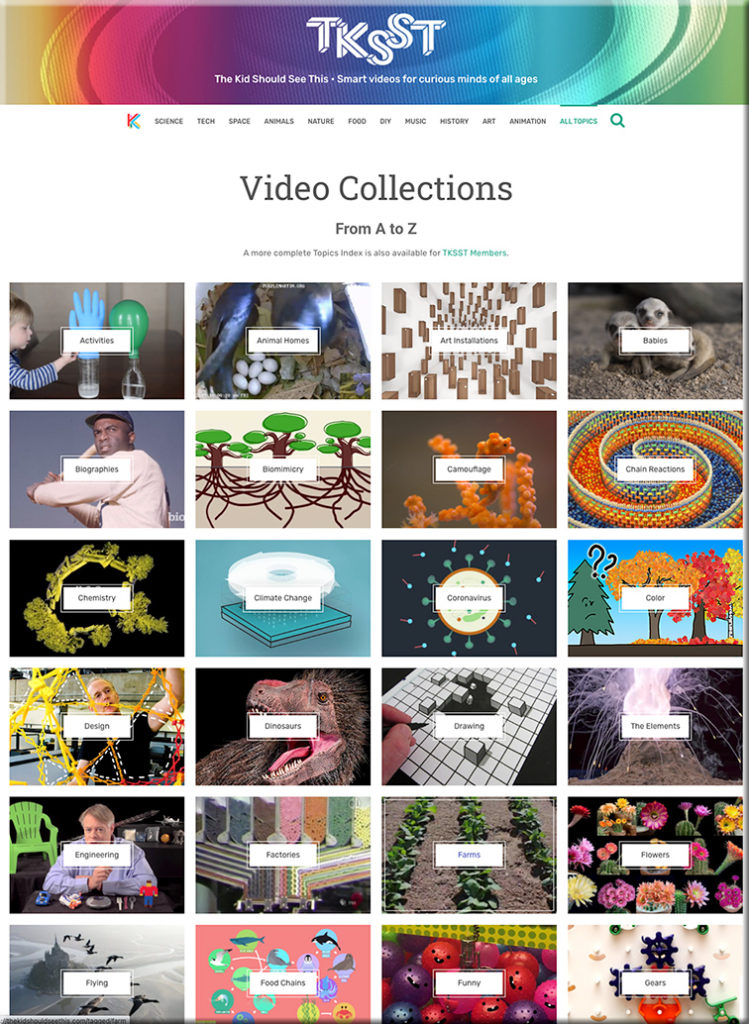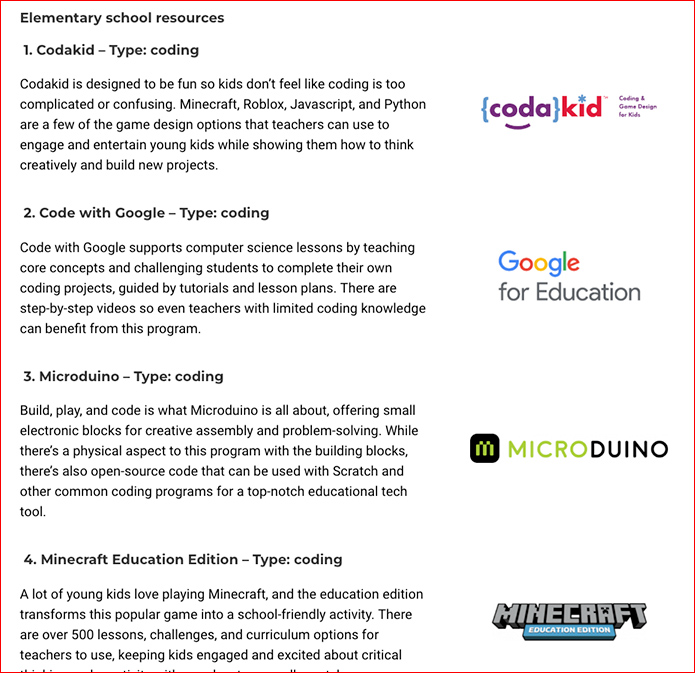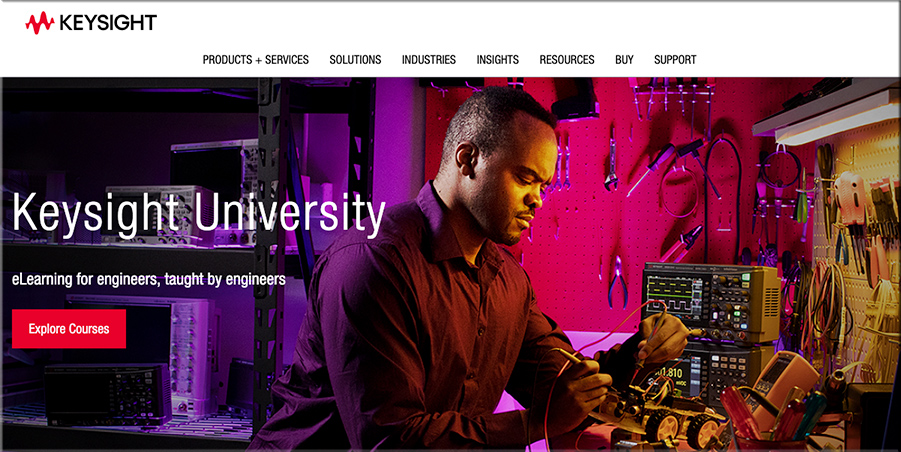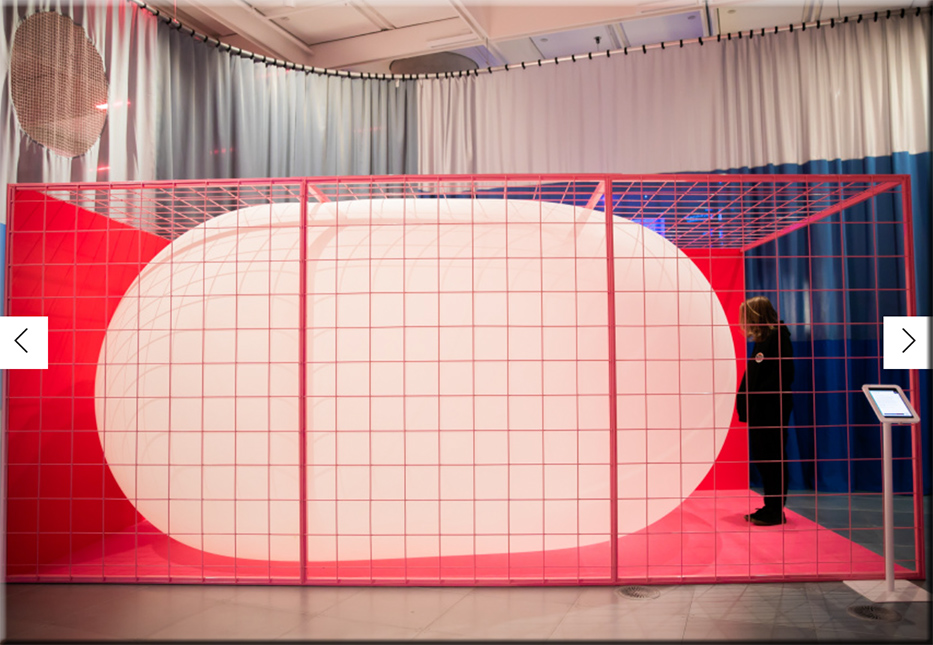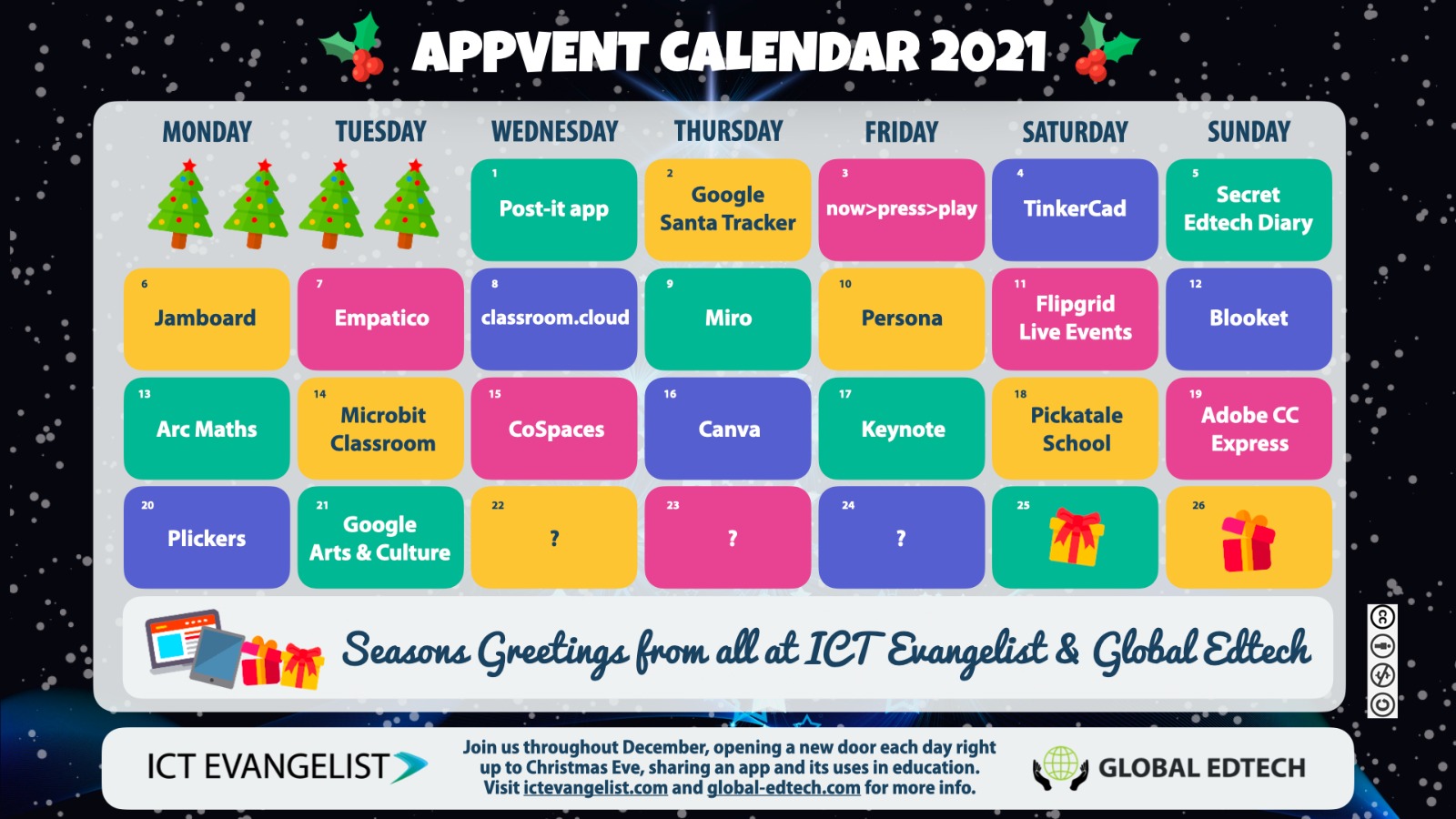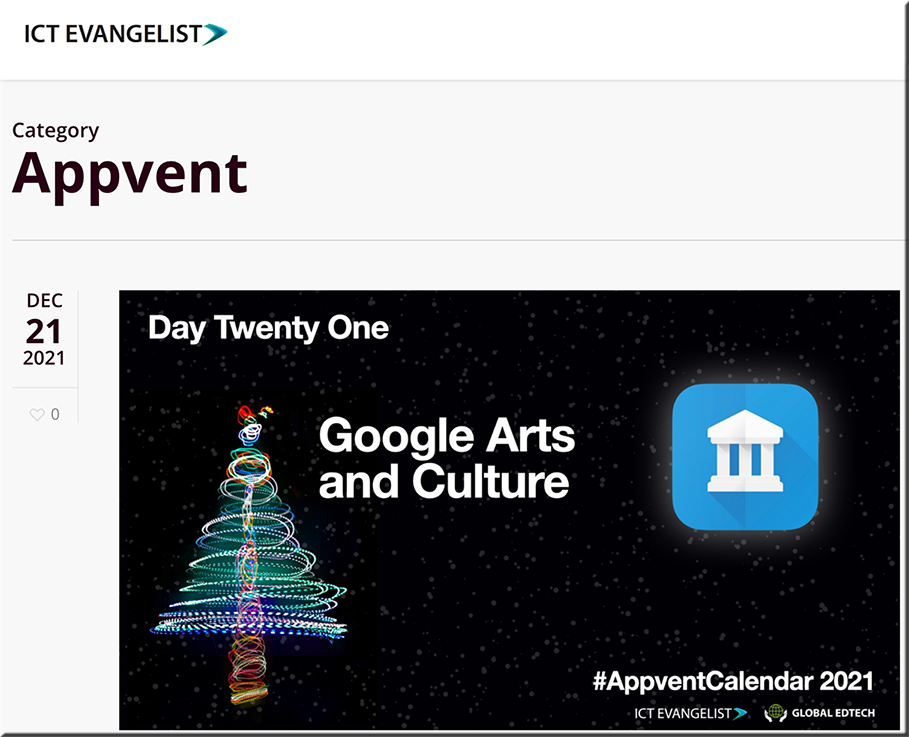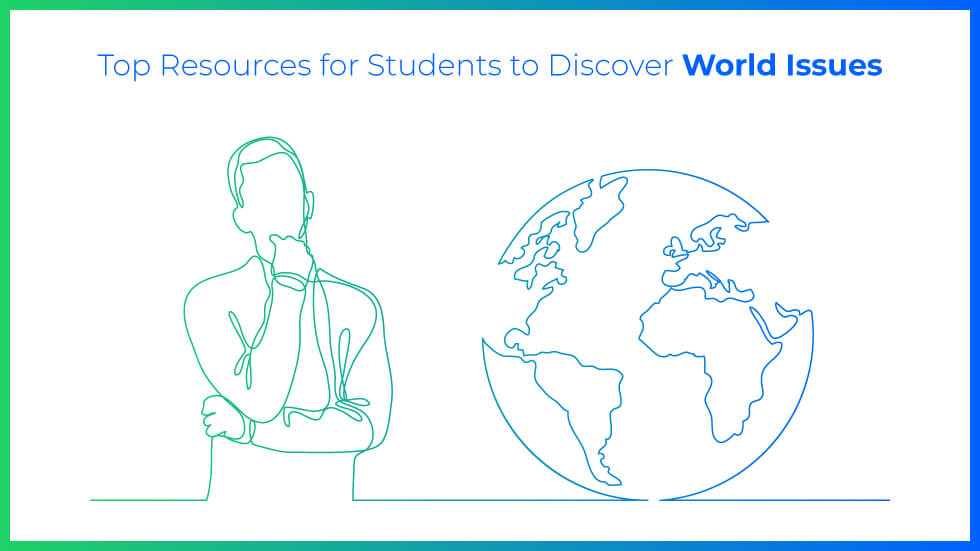Weighing the best strategies for reading intervention — from hechingerreport.org by Caralee Adams
Some schools are overhauling reading instruction and trying a variety of approaches to address the pandemic’s impact on learning
Excerpt:
But, some experts say, schools should also invest in deeper changes that tackle the root of the problem: Many teachers aren’t well versed in the science of reading and the best ways to teach to the widening range of abilities they are seeing in students.
Teachers need training on the science of reading research, guidance on leveraging data and ongoing support to help them target instruction.









